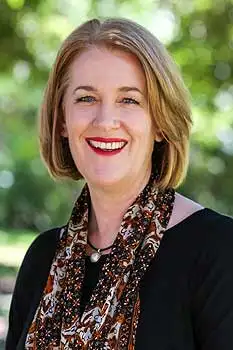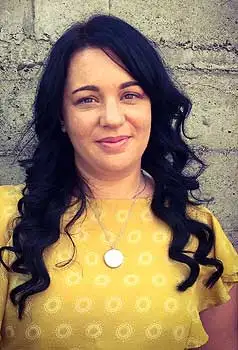
Enrolments are now open for the new mental health and addiction major and certificate, which are on offer from semester one 2020.
As New Zealand grapples with alarming rates of suicide and addiction, a new offering from Massey University’s College of Health aims to future-proof the education and professional development of those working on the frontline.
The Bachelor of Health Science has a new Major in Mental Health and Addiction and the University’s College of Health will also offer a new Certificate in Mental Health and Addiction next year, both of which are now open for enrolment.
The qualifications target the workforces that operate at the community and primary healthcare coalface throughout Aotearoa New Zealand.
College of Health Pro Vice-Chancellor Professor Jane Mills says the cutting-edge qualification has been designed in response to He Ara Oranga : report of the Government Inquiry into Mental Health and Addiction.
“Massey University is committed to making a difference to the mental health and wellbeing of all New Zealanders, and the best way we can do this is by preparing a workforce for the future,” Professor Mills says. “We are excited to welcome the first cohort of students next year, and look forward to supporting them to complete their studies. These graduates will make a significant positive impact on the lived experience of many who struggle with mental health issues and associated addictions.”

College of Health Pro Vice-Chancellor Professor Jane Mills.
Dr Chrissy Severinsen, from the School of Health Sciences, says students will learn how to reduce inequities and improve the social, cultural, environmental and political determinants of mental health and addiction. The programmes will draw on expertise in health promotion, public health, and mental health and addiction, and be provided alongside Massey colleagues from Massey’s School of Māori Knowledge, Te Pūtahi-a-Toi, and the School of Social Work.
Dr Severinsen says the Government is actively investing in the education and professional development of workers in the fields of mental health and addiction.
“Support workers represent more than 30 per cent of the mental health and addiction workforce and have been a primary driver of growth over the past five years. Leadership for this growing and evolving workforce is needed.
“Our programmes use Māori approaches to hauora [health] as central to working in the mental health and addiction field, and we have utilised Sir Mason Durie’s Whakapiri [engagement], Whakamārama [enlightenment], Whakamana [empowerment] framework as a structure to the programmes. We’ve worked closely with the sector to make sure our new programmes are relevant and exciting. Students will focus on the importance of equity and on building relationships with individuals, whānau and communities to promote mental health. The learning concentrates on the health potential of people in their everyday settings to promote flourishing whānau and reduce inequities.”

Dr Chrissy Severinsen, School of Health Sciences.
Following completion of the three-year major programme, graduates will have the knowledge and skills to work in a wide range of mental health settings including advisory, education and health promotion, in roles such as probation officers, policy analysts and whānau and community health workers. Further study will also be possible in the Master of Health Science, Master of Public Health, Master of Counselling, Master of Applied Social Work and Master of Clinical Practice (Nursing).
Students will gain the skills needed to facilitate, lead and advise in order to solve the complex challenges facing the sector, gain knowledge around the development, history and context of mental health and addiction in Aotearoa New Zealand, and develop skills in shared decision making to plan and evaluate interventions to improve the wellbeing of all New Zealanders.
The Certificate in Mental Health and Addiction is an NZQA level five, four-course programme, within a reflective practice model.
Both the major and the certificate are taught via distance, with some internal courses on offer, and several contact workshops where students are required on campus.